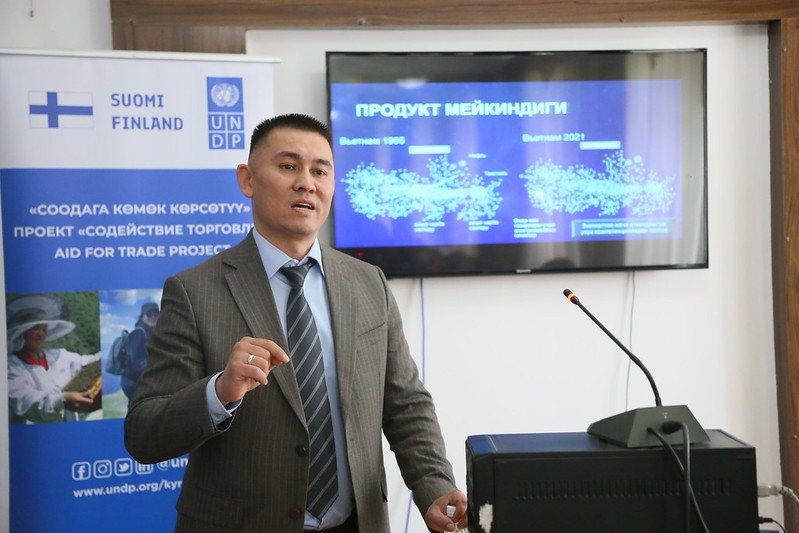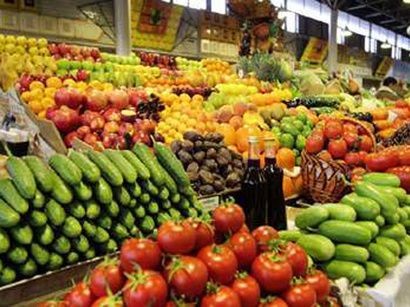Uzbekistan to Increase Production and Export of Medicines
Uzbekistan President Shavkat Mirziyoyev called a government meeting on 23 May to review plans for the country’s pharmaceutical industry. On 10 January, a road map for 2024–2025 was approved for the development of the pharmaceutical industry and the acceleration of related investment projects. This was followed by a presidential decree of 23 January which identified additional measures required to regulate the pharmaceutical sector. To date, a budget of $100 million has been allocated for the realization of new projects in the industry, boosted by an injection of $200 million from Asakabank. As a result, two projects worth $30.5 million have been launched over the past four months, with exports totalling $51 million. However, a lot of potential remains untapped. To redress the balance, plans are now underway to produce pharmaceutical products worth $400 million and increase the exports to $200 million. A total of 147 projects worth $2 billion will be launched this year alongside the commission of a further 28. The head of state emphasized the need to increase the level of domestically produced medicines available in Uzbekistan and to ensure a balance between price and quality. The meeting also reviewed measures to intensify the work of the innovative pharmaceutical cluster, Tashkent Pharma Park, by launching 12 projects worth $470 million.






